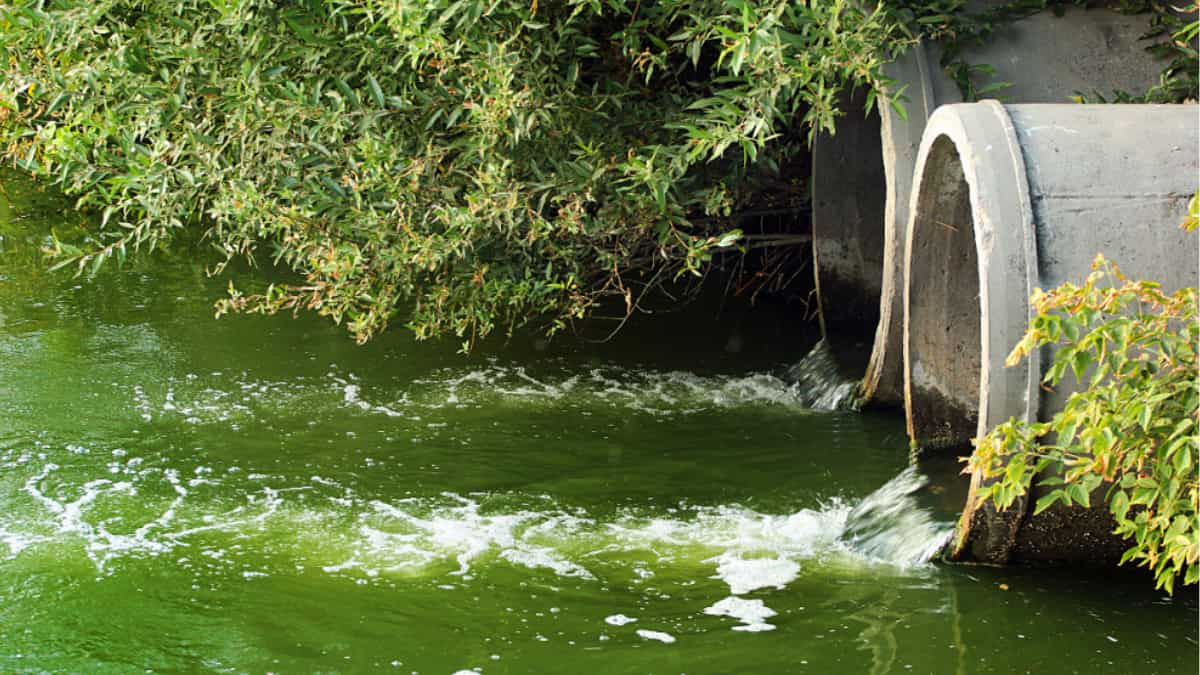Environmental Impact of Sewage Spills in the UK
Overview
The Environment Agency reported a significant increase in sewage spills in 2023 compared to the previous year, with water corporations discharging sewage into England’s rivers and oceans at alarming rates. This has raised concerns among environmentalists and authorities about the impact on water quality and wildlife.
Key Findings
- 3.6 million spill hours were recorded in 2023, up from 1.75 million hours in 2022.
- On average, there were 1,271 spills a day across England last year, compared to 825 in 2022.
- The spills contained human waste, wet wipes, and sanitary products, posing risks to local wildlife and public health.
Environmental Concerns
Dr. Dania Albini from the University of Exeter highlighted the severe impact of sewage pollution on waterways, noting that no river in England is currently rated as healthy. Sewage in rivers can lead to decreased oxygen levels, harming aquatic life and posing health risks to humans due to the presence of harmful microorganisms.
Government Response
Water UK has pledged £10 billion to upgrade sewage infrastructure, pending approval from the regulator, Ofwat. The government has been urged to take swift action, including banning wet wipes to prevent clogged drains and reduce spills.
Water Minister Robbie Moore emphasized the need for water companies to address sewage pollution promptly and thoroughly, ensuring the protection of waterways and public health.
Local Impact
In the town of Horley, residents have experienced frequent flooding of footpaths due to overwhelmed treatment works during heavy rainfall. Despite complaints to authorities, the issue remains unresolved.
These findings underscore the urgent need for improved sewage management practices and regulatory measures to safeguard the environment and public well-being.
















































